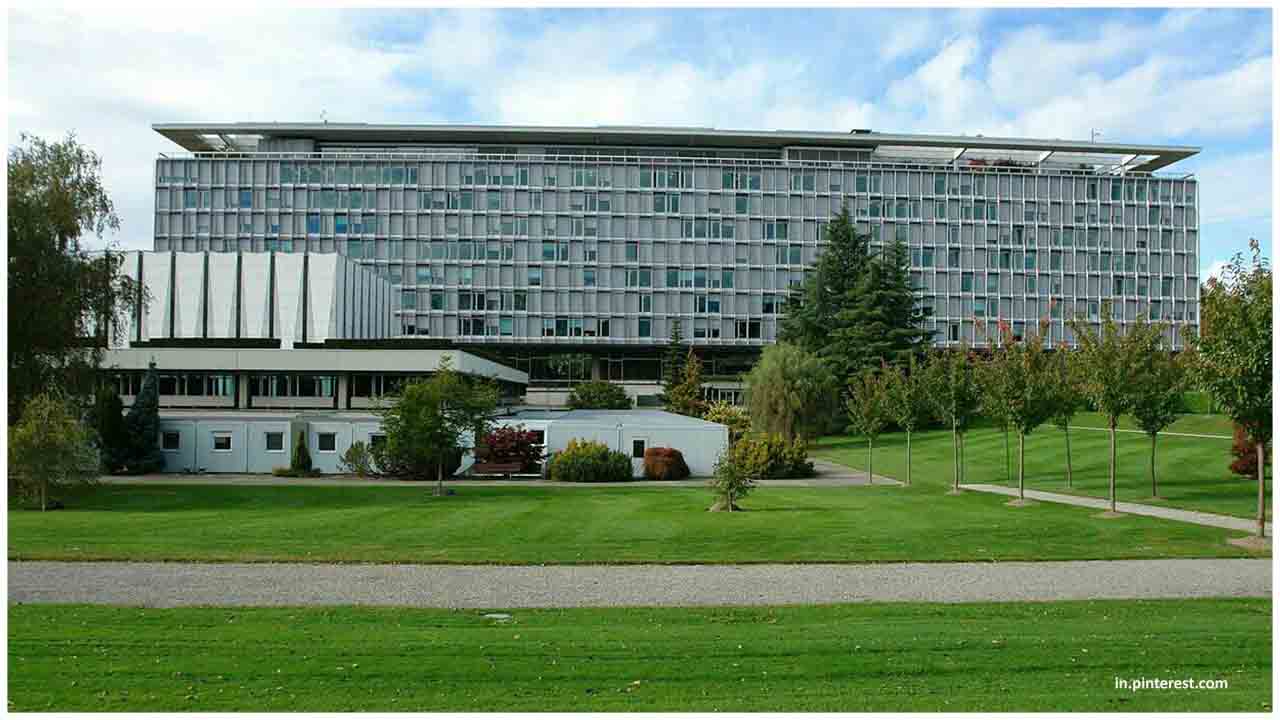Keeping outskirts shut to end the spread of COVID-19 is impractical, the World Health Organization said Monday, asking nations to embrace complete techniques dependent on neighborhood information on where the infection is spreading.
Outskirt terminations and travel limitations stay a significant piece of numerous nations' techniques to battle the novel coronavirus.
Simultaneously, rising cases in a scope of nations in Europe and somewhere else that had released measures in the wake of seeming to get their flare-ups leveled out have prodded conversations of conceivable new fringe terminations.
In any case, the UN wellbeing body cautioned that such measures can not be kept up uncertainly, and are additionally just valuable when joined with a wide scope of different measures to recognize and break chains of transmission.
"Proceeding to keep universal fringes fixed isn't a manageable technique for the world's economy, for the world's poor, or any other person," Michael Ryan, WHO crises executive, told writers in a virtual preparation.
"It will be practically unimaginable for singular nations to keep their fringes shut for years to come," he stated, calling attention to that "economies need to open up, individuals need to work, the exchange needs to continue."
He recognized that with regards to COVID-19, it is difficult to have a "worldwide one size fits all strategy" since episodes are growing contrastingly in various nations.
While nations with uncontrolled network transmission may need to utilize the heavy-handed contrivance of lockdowns to deal with the circumstance, others ought to tunnel down to get an away from where and how the infection is spreading at a neighborhood level.
- Don't 'discharge pressure' -
They ought to be set up to fix or slacken quantifies in like manner, he stated, cautioning against "discharging pressure" on the infection, which has murdered about 650,000 individuals and contaminated 16.3 million around the world.
"Discharge pressure on the infection and the numbers can crawl back up."
Maria Van Kerkhove, the WHO's specialized lead on COVID-19, said that as opposed to anticipating that extreme measures should hold the infection under tight restraints, individuals need to adjust their practices for the long stretch.
"What we will need to make sense of... is what our new ordinary resembles?" she told correspondents.
"Our new ordinary incorporates physical separating from others, (and) wearing veils where fitting," she said.
"Our new ordinary incorporates us knowing where this infection is every single day, where we live, where we work, where we need to travel."

 Border closures and travel restrictions remain an important part of many countries' strategy to combat the novel coronavirus.
Border closures and travel restrictions remain an important part of many countries' strategy to combat the novel coronavirus.









.jpeg)

.jpeg)
.jpeg)

.jpeg)


.jpeg)



.jpeg)
.jpeg)
.jpeg)


.jpg)


.jpeg)
.jpeg)